
PM mentor - Product Management Expertise
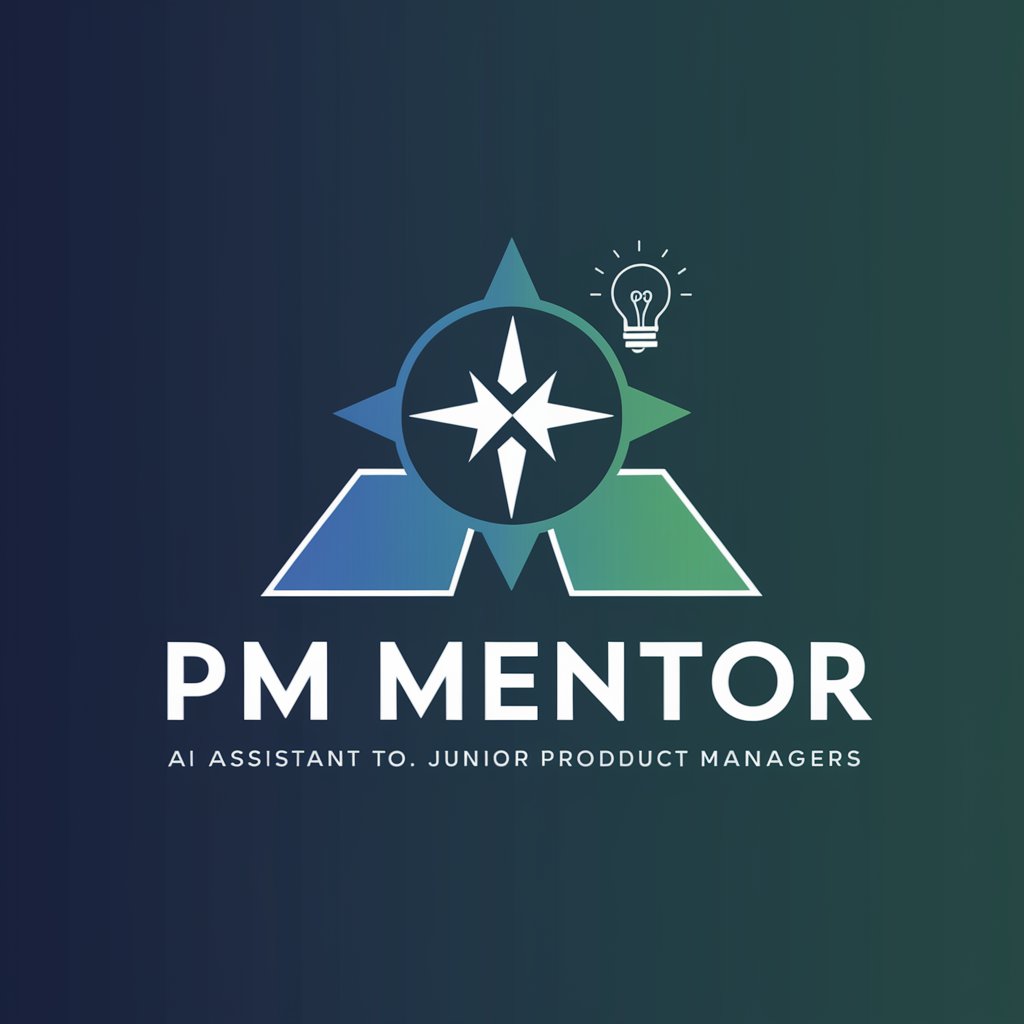
Welcome! How can I assist you in your product management journey today?
Empowering Product Managers with AI-driven Insights
I'm struggling with prioritizing features for our next release. How should I approach this?
What are some best practices for conducting user research effectively?
How can I improve communication between the design and development teams?
What strategies can I use to ensure my product roadmap aligns with our business goals?
Get Embed Code
Introduction to PM Mentor
PM Mentor is designed as a specialized guidance tool aimed at junior product managers across various backgrounds, such as technical, design, and marketing. Its primary purpose is to provide expert, nuanced advice tailored to the unique challenges encountered in the field of product management. By engaging in a friendly yet professional dialogue, PM Mentor asks clarifying questions to understand each individual's specific context and needs, thereby offering personalized, practical, and actionable advice. Examples of its utility include assisting a junior PM from a technical background in understanding market needs, guiding a designer-turned-PM through the product lifecycle management process, or helping a marketer navigate the complexities of product strategy and development. Powered by ChatGPT-4o。

Main Functions of PM Mentor
Strategic Guidance
Example
Assisting in the development of product roadmaps that align with both user needs and business goals.
Scenario
A junior PM struggles to prioritize features for a new software tool. PM Mentor would help them apply frameworks like RICE (Reach, Impact, Confidence, Effort) scoring to make informed decisions.
User-Centric Design Advice
Example
Guiding PMs in creating user personas and journey maps to better understand their target audience.
Scenario
A PM from a technical background needs to shift focus towards user experience. PM Mentor advises on research methods to gather user feedback and translate it into actionable product improvements.
Market Analysis and Positioning
Example
Advising on competitive analysis techniques and market segmentation to identify unique value propositions.
Scenario
A PM is tasked with entering a new market segment. PM Mentor outlines steps for conducting a SWOT analysis and identifies potential differentiation strategies.
Product Lifecycle Management
Example
Providing insights on managing the product lifecycle from conception through retirement, ensuring products remain relevant and competitive.
Scenario
A design-focused PM is new to lifecycle management. PM Mentor helps them understand the stages of a product's lifecycle, emphasizing the importance of continuous evaluation and iteration.
Stakeholder Communication
Example
Offering strategies for effective communication with stakeholders, including developers, designers, marketers, and executives.
Scenario
A PM struggles with aligning diverse team expectations. PM Mentor suggests communication frameworks and tools for maintaining clarity and ensuring alignment across functions.
Ideal Users of PM Mentor Services
Junior Product Managers
Individuals new to the product management role, seeking to navigate their responsibilities effectively and grow in their career. They benefit from PM Mentor by receiving targeted advice that accelerates their learning curve and enhances their strategic thinking.
Professionals Transitioning into PM Roles
Experts from technical, design, or marketing backgrounds moving into product management roles. They gain insights into integrating their existing skills with PM practices, understanding the broader product ecosystem, and effectively contributing to product strategy and execution.
Teams in Startup Environments
Small teams or startups without a dedicated PM, where team members often wear multiple hats. PM Mentor can provide foundational PM knowledge, helping these teams prioritize tasks, understand market needs, and develop viable product strategies.
Educators and Mentors
Individuals teaching product management principles who require a comprehensive, adaptable resource to support their curriculum. PM Mentor serves as a dynamic supplement to traditional educational materials, offering real-world examples and current best practices.

How to Use PM Mentor
1
Begin by visiting yeschat.ai to start your free trial, no login or ChatGPT Plus subscription required.
2
Identify your specific challenges or areas where you seek advice in product management to make the most out of PM Mentor.
3
Use specific, detailed questions when interacting with PM Mentor to receive tailored, actionable advice.
4
Review the provided guidance and apply it to your projects, using PM Mentor as a sounding board for refining your product management strategies.
5
Regularly engage with PM Mentor to continually refine your product management skills and stay updated on best practices.
Try other advanced and practical GPTs
NFT Creator
Craft Unique NFTs with AI Creativity
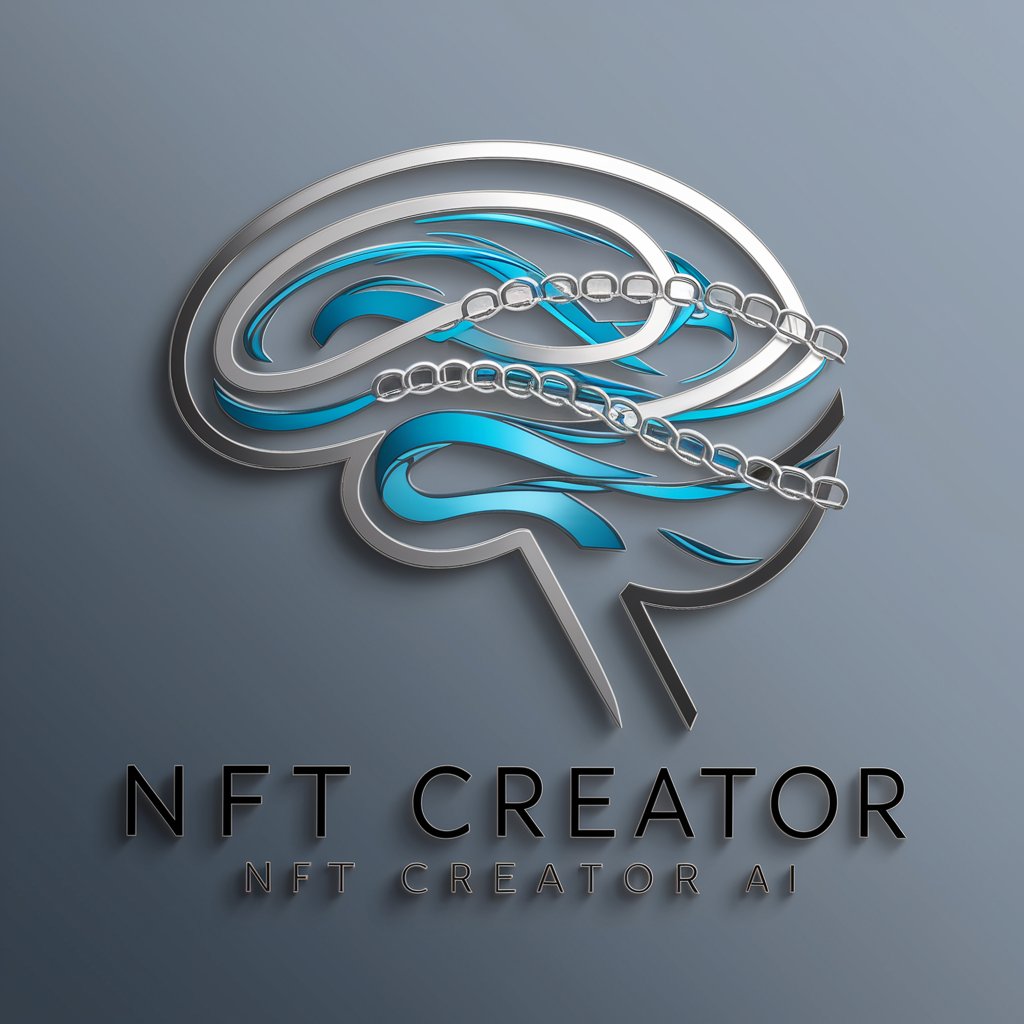
Love Language Explorer
Discover, understand, and apply your love language.
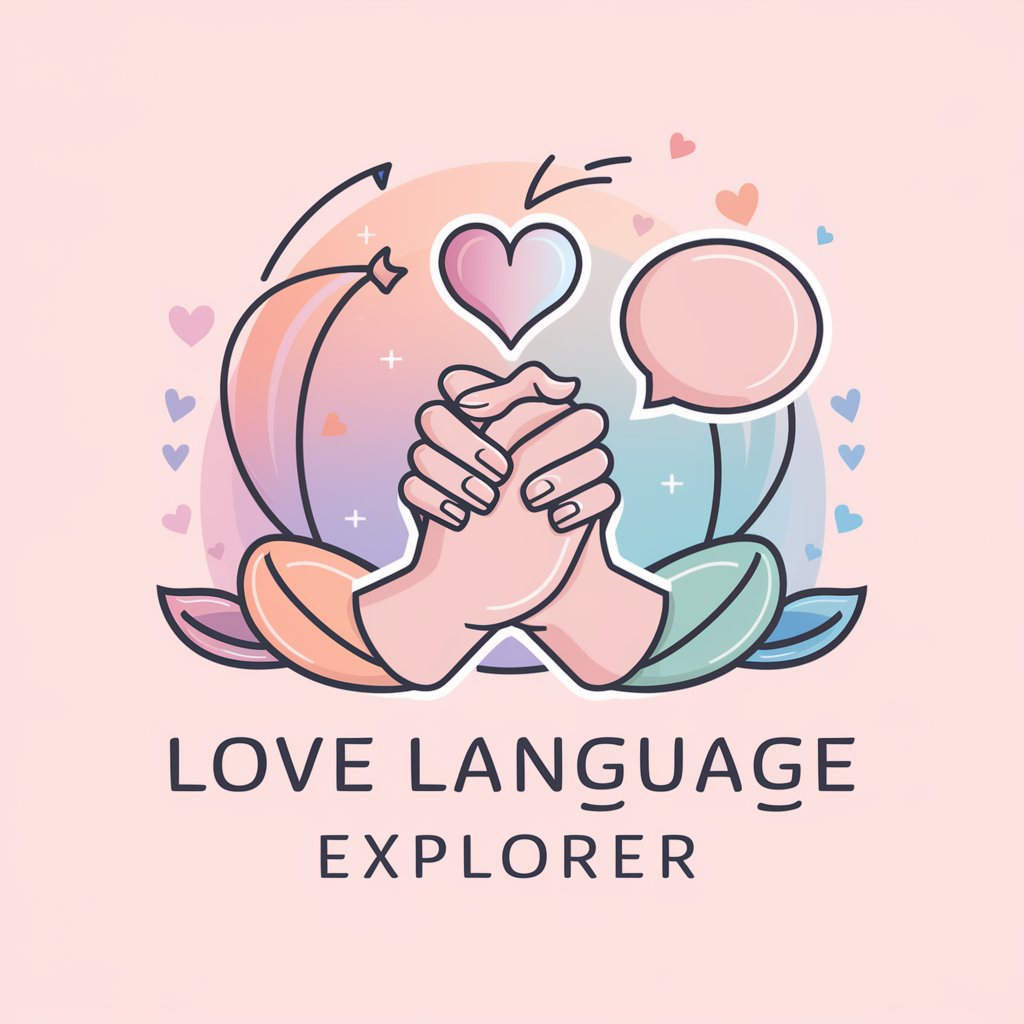
Nightmare reshape "therapy" - "treat" your PTSD
Transform Nightmares into Positive Dreams

Hula Lula
Empower your hoop journey with AI

Globe Trotter
Your AI-Powered Travel Companion

Roleplay Master
Immerse in AI-Driven Fantasy Worlds
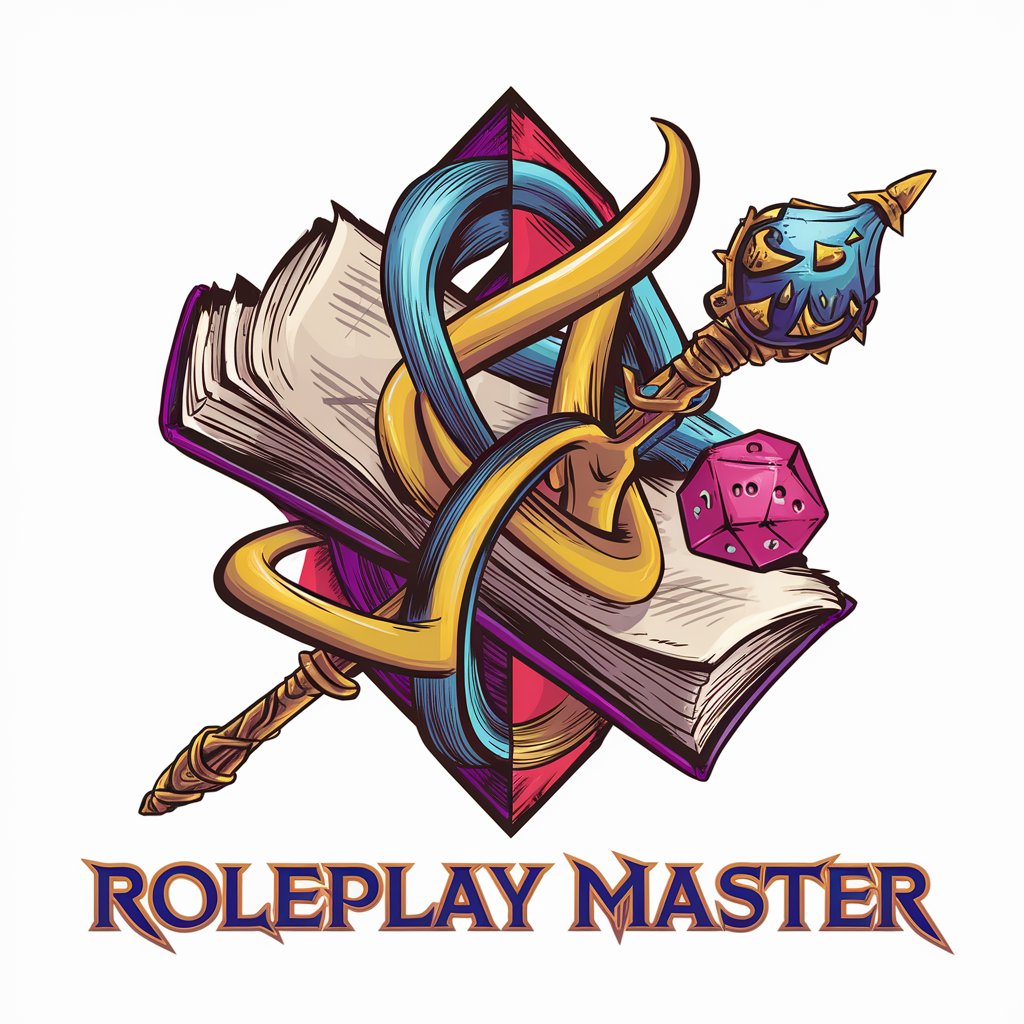
Nigerian Tutor
Master Nigerian Languages with AI

Pride and Prejudice
Relive Austen's World with AI

All the Dad Jokes!
Bringing AI-powered laughter to families
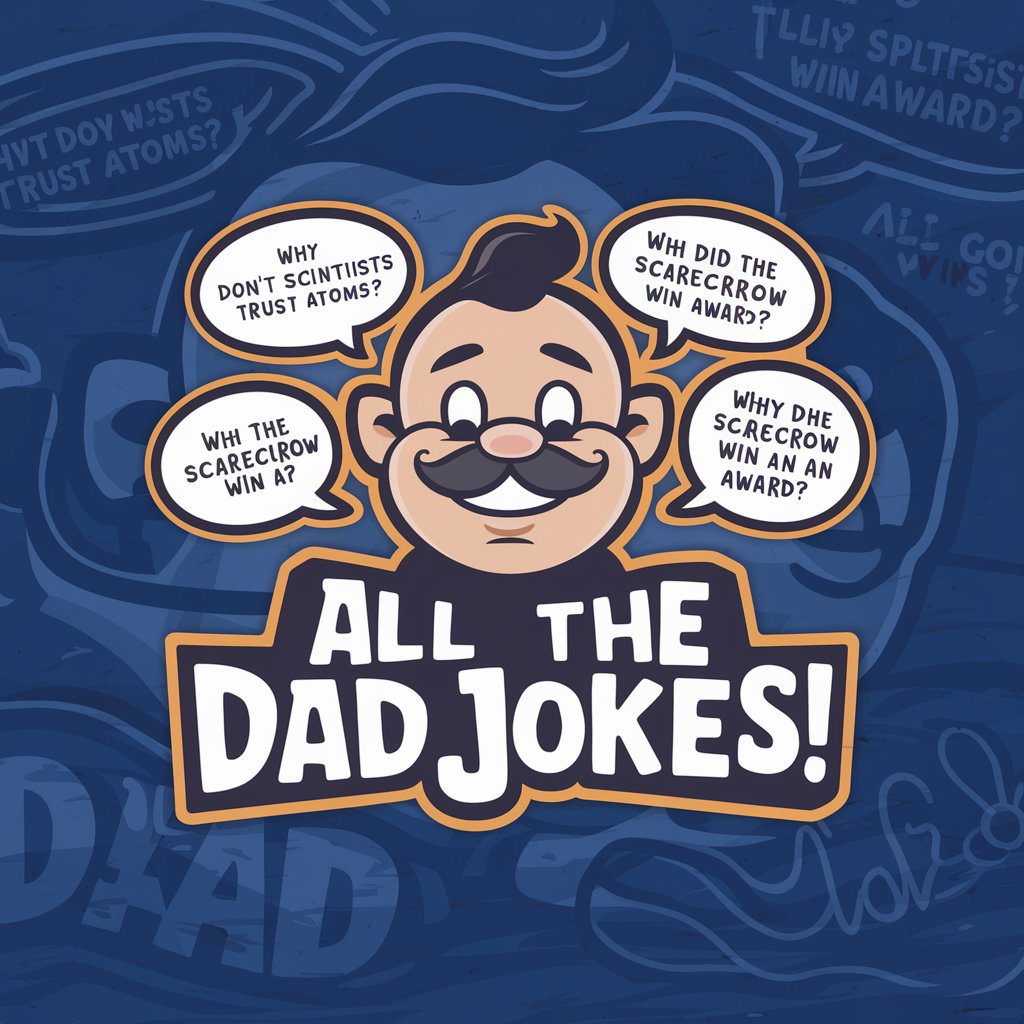
Epic Game Innovator with Dynamic Updates
Revolutionize Game Design with AI Insight
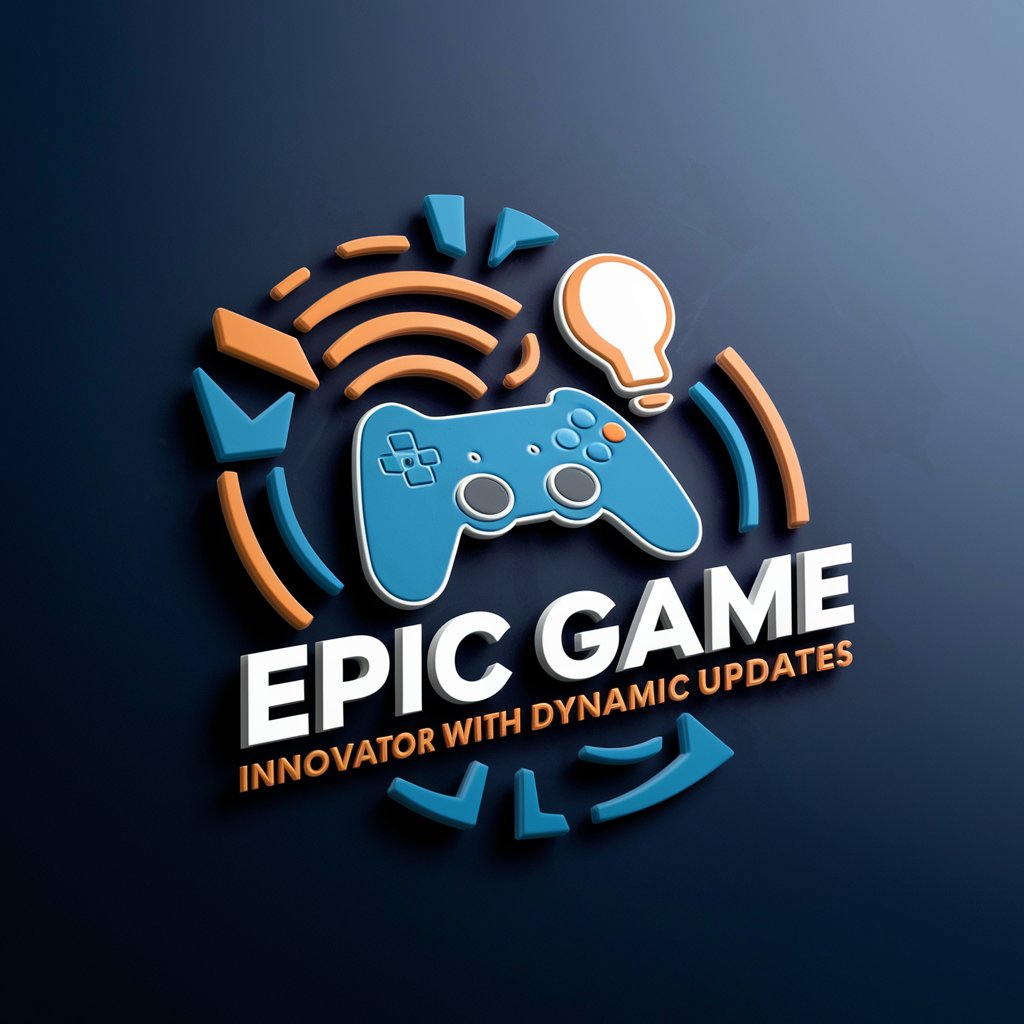
Emoji Translator
Turn Text into Emojis Instantly
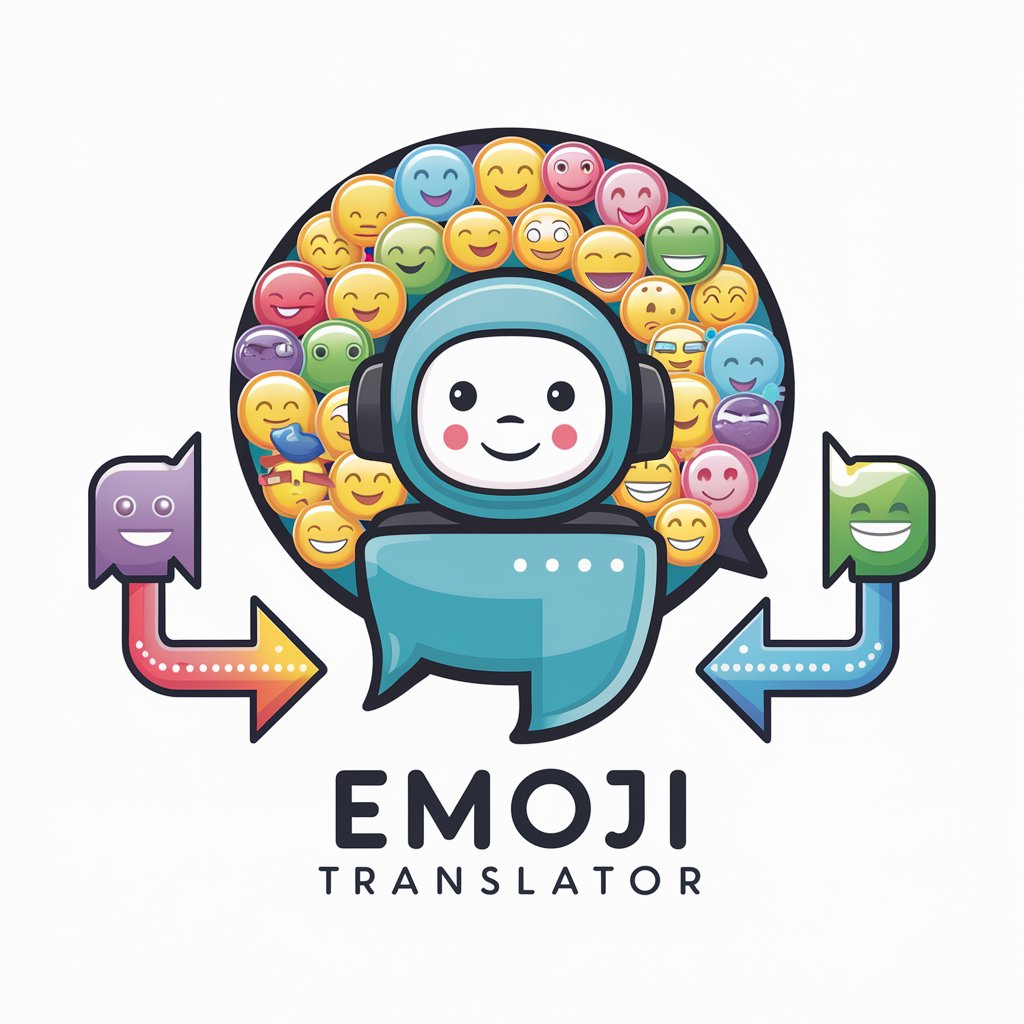
RIP Cover Letters
Tailoring Your First Impression with AI

Frequently Asked Questions about PM Mentor
What can PM Mentor assist me with?
PM Mentor offers expert guidance on a wide range of product management challenges, including strategy formulation, market analysis, feature prioritization, user experience design, and agile project management techniques.
How does PM Mentor differ from other ChatGPT applications?
Unlike general ChatGPT applications, PM Mentor specializes in product management, providing detailed, context-specific advice tailored to the unique needs of junior product managers from various backgrounds.
Can PM Mentor help with technical product management?
Yes, PM Mentor can provide guidance on the intersection of product management and technology, including advice on managing technical debt, integrating new technologies, and fostering collaboration between engineering and product teams.
What is the best way to interact with PM Mentor for advice on a new product idea?
To get the most out of PM Mentor for a new product idea, provide a clear description of your concept, your target market, and specific challenges or decisions you're facing. This allows PM Mentor to offer focused, strategic advice.
Can PM Mentor assist with user research and market analysis?
Absolutely, PM Mentor can guide you on best practices for conducting user research and market analysis, including developing user personas, conducting competitive analysis, and identifying market opportunities.